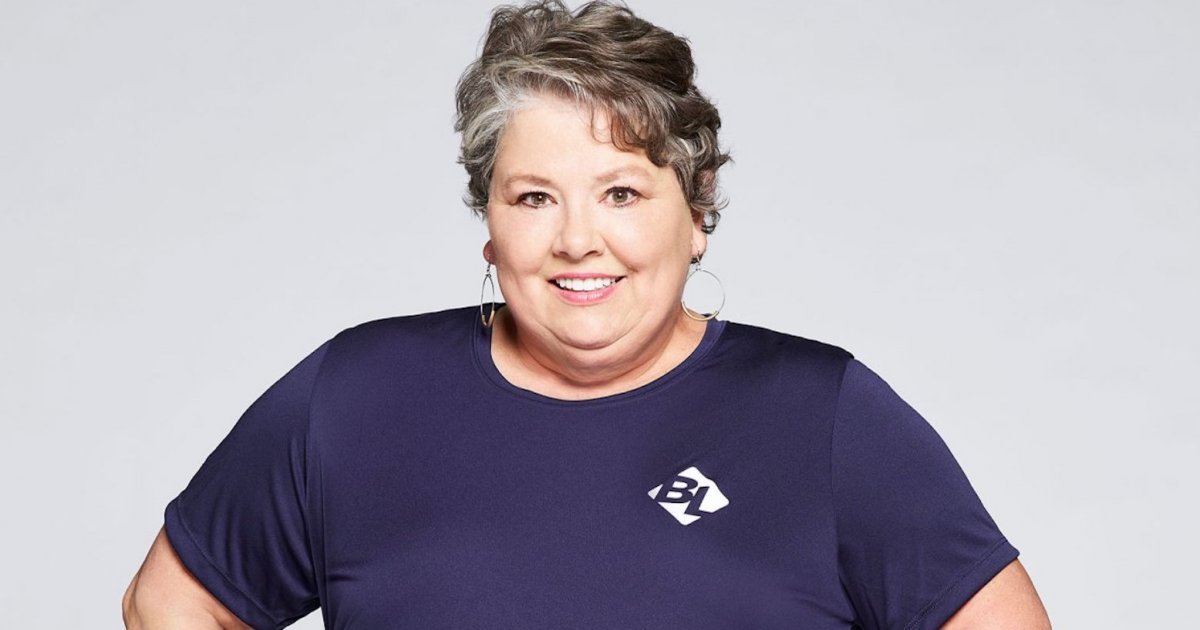Kim Davis of Mulberry, Tenn., has been cancer free for 19 years. Now the contestant on NBC’s reboot of the reality-TV weight-loss competition “The Biggest Loser,” which premiered Tuesday night, says she’s ready to drop “hearty and supersized” from her diet and challenge herself to create a “healthier lifestyle.”
Read MoreHow Body Weight Affects Breast Cancer Risk
According to Susan G. Komen, women who are overweight or obese after menopause have a 30% to 60% higher breast cancer risk than those who are lean due to higher blood estrogen levels.
RELATED VIDEO: Dr. Elizabeth Comen, medical breast cancer oncologist at Memorial Sloan Kettering Cancer Center, on risk factors for breast cancer
Study: Modest Weight Loss Decreases Risk of Breast Cancer
A new study that found women over 50 who lose even modest amounts of weight decrease their risk of breast cancer sent ripples of excitement through the medical community.
The findings suggest that losing even 4.5 lbs. can decrease one's risk of breast cancer by 13%. Women who lost at least 20 pounds during this time saw the most dramatic results, with a 25% reduced risk.
RELATED: 'Hamilton' Star Mandy Gonzalez Reveals She's Battling Breast Cancer But the Show Must Go On
"This study gives us concrete numbers that correlate weight-loss and risk reduction," Dr. Sarah P. Cate, assistant professor of surgery at the Icahn School of Medicine at Mount Sinai, tells SurvivorNet.
"Sustained weight loss is really important in preventing breast cancer. We know that fat cells make estrogen which fuels most breast cancers after menopause. Now, the whole concept of weight loss is much easier to discuss with patients."
Dr. Laura Esserman, a surgeon and breast cancer oncology specialist at the University of California, San Francisco School of Medicine, tells SurvivorNet that "this is good news for women because it puts them in control of some of their risk. The more you lose, the more it lowers your risk."
Learn more about SurvivorNet's rigorous medical review process.

